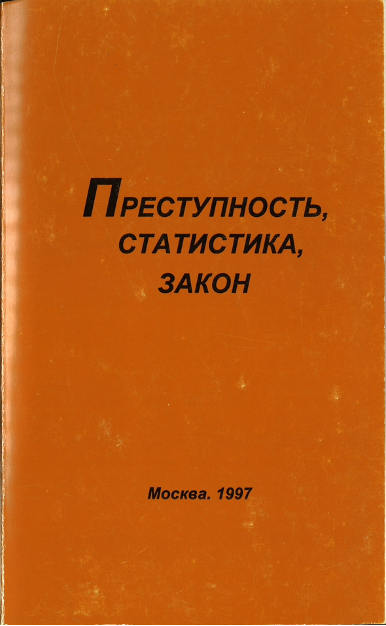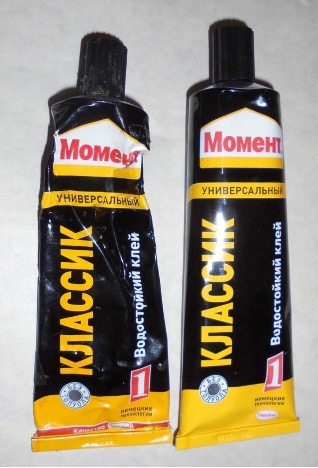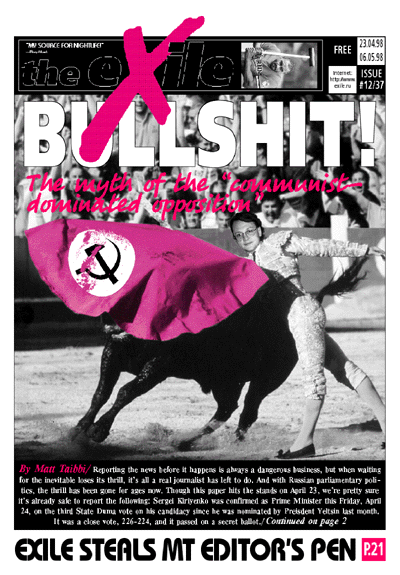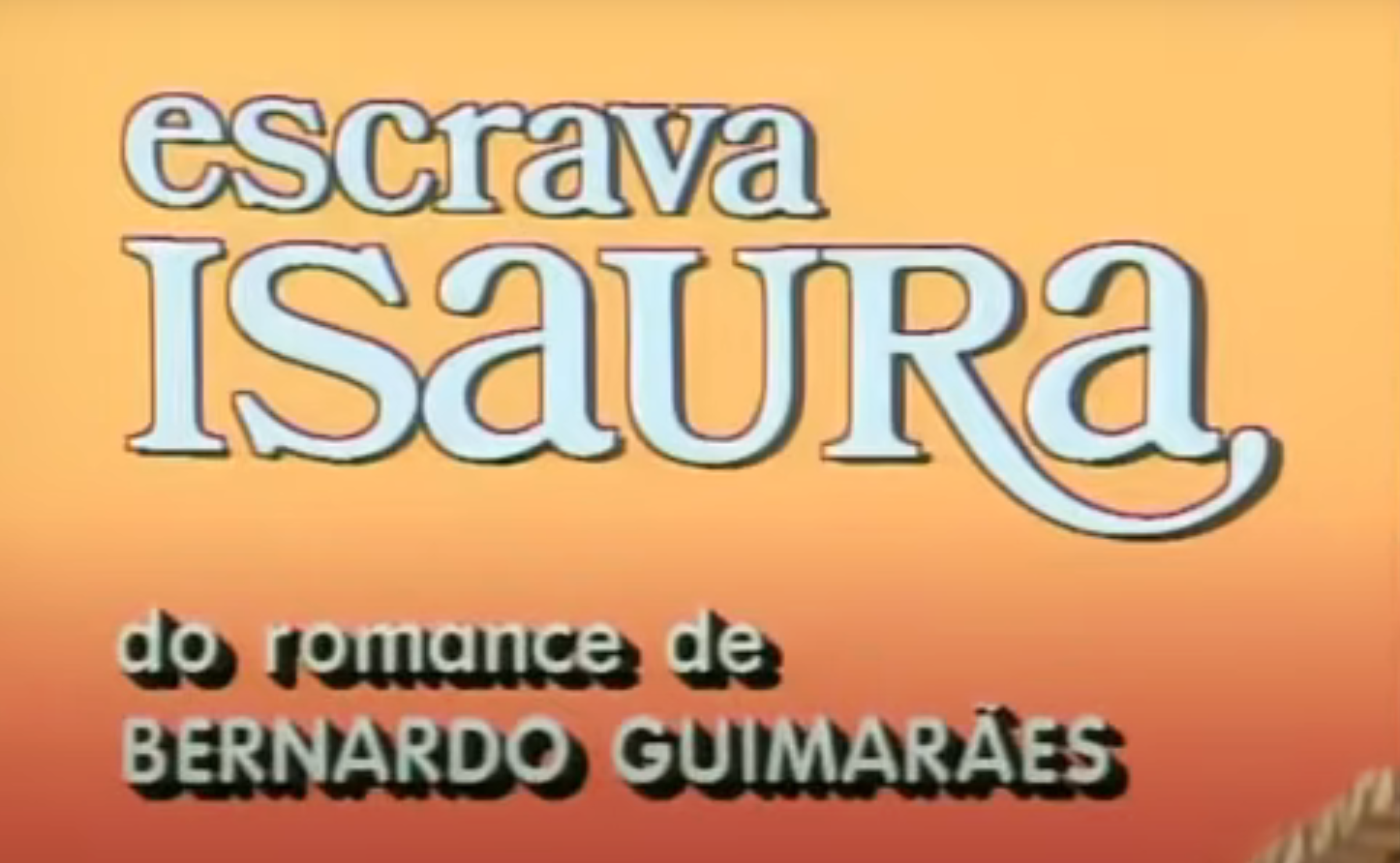Search Results
Search Terms
Results: Displaying Artifact 13 - 18 of 28 in total
Text Containing:
Events: Collapse Of The Ussr
Page: 3
Russian Crime Statistics, 1980-1996
Nothing epitomized the everyday experience of the urban Russian 1990s like crime. As this first comprehensive statistical study of the 1990s demonstrates, crime was just as bad as everyone had anecdotally experienced. The numbers also reveal some unexpected trends.
Klei-Moment
Made by the German Henkel company, Moment-brand glue was a staple of post-Soviet hobbyists. It also became one of the preferred drugs among post-Soviet youth. The brand name alone became synonymous with huffing.
Parfenov’s “Namedni” as memory work in the 1990s
“Namedni” (Recently), Leonid Parfenov’s project dedicated to recent history, was one of the most successful shows of the 1990s. Eschewing big narrative arcs, the program highlighted the past as a collection of memory sites—in this case, exploring the origins of the “New Russian” in 1991.
“Stalin, Beria, Gulag!”: The Natsboly Oppose Gaidar and Mikhalkov
Two early direct actions organized by young members of the National Bolshevik Party combined self-martyrdom with totalitarian stiob.
the eXile: Bespredel for Expats
The Moscow-based, English-language magazine the eXile combined gonzo journalism and stiob to provide unique reporting on post-Soviet Russia. At the same time, the outlet fetishized the very 1990s-era lawlessness or bespredel—not to mention Western sexual and economic exploitation of Russia—that it nominally denounced and condemned.
Soviet audiences devour the Brazilian soap opera "Escrava Isaura"
Stills from the first episode of the Brazilian soap opera "Escrava Isaura," which aired in Brazil in 1976-77 and in the USSR/ Russia in 1988-90. In this first episode, aired on Soviet Central Television on 16 October, 1988, it is revealed that the show's title character, Isaura, is not the niece of the wealthy Almeida family—but instead a "slave" with a “mulatto [sic]” mother and a Portuguese father.





